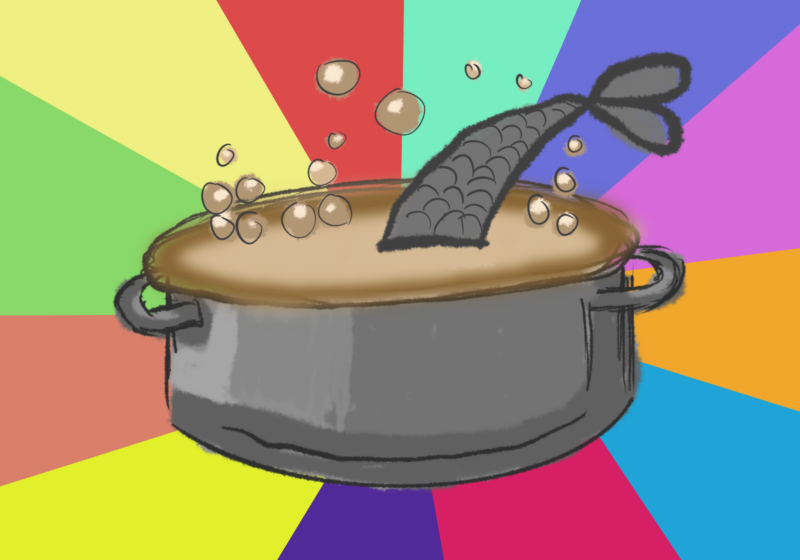Political Science Professor Randall Stone delivered a lecture on the Cold War to a crowd in the Welles-Brown room of Rush Rhees Library on Wednesday night. The theme of Stone’s lecture, entitled “The Cold War as History,” asked: What important lessons should post-Civil War generations draw from the experiences of the Cold War?
“The Cold War is something that seems unfamiliar to today’s college students because, after all, they were born in 1989, the year the wall came down,” Stone said.
Stone argued that today’s students are unaware of how close the United States came to World War III. However, based on archives recently opened to the public, historians are able to understand how nearly we went through a nuclear war.
For example, while visiting Russia, Stone had access to archive information regarding the Cuban Missile Crisis in 1962. Based upon previously classified information, Americans greatly underestimated the number of missiles Cuba had. The archival information stated that the Cuban military had been given orders to fire their nuclear missiles if they were attacked by the United States.
“We came close – the Cuban Missile Crisis was more dangerous than we thought at the time and more dangerous than we realized until after the end of the Cold War,” Stone said.
Following the end of the Cold War, archival anecdotes surfaced regarding the true nature of the Cold War. It was discovered that the Soviet Union was a main financier of terrorist organizations during this more than 40-year period. However, according to Stone, a major question remained – how did the USSR, a seemingly invincible power, crumble?
Uprisings occurred in Hungary, West Berlin and Poland. Stone argued that if it was not for Gorbachev and his attempt to humanize the communist dictatorship, today’s world might still be in the midst of communism.
“The reality was that these were very fragile regimes that were held together with force and the threat of coercion, and this is why we saw wildfire once a spark was lit,” Stone said.
Ultimately, a profound loss of faith in everything occurred toward the end of the Communist system. Then, on Dec. 25, 1989, it was announced that the Soviet Union was dissolved.
“It was not the case that there was any inevitability to this outcome, but when a whole people stop believing in their basic motivating myth… sooner or later someone’s going to come along who’s going to try and change the system. It just happens that this wasn’t a system that could be changed and kept intact. It was a very fragile system which was doomed to stay the same or collapse,” Stone said.
Overall, there was a positive reaction to Stone’s theories and arguments.
“I thought it was very engaging. The Cold War relates back to today’s terrorism,” junior Haddassa Mendoza-Elias said.
Other audience members commented on the lack of emphasis today’s history books place upon the threat of a nuclear war that existed during this period.
“I grew up thinking that the Soviet Union was not powerful and was never going to really attack the U.S. I know that my dad grew up doing duck-and-covers because there was an expectation that they [Soviet Union] would [attack]. That’s a pretty significant threat. That’s not something I grew up with,” political science graduate student Maricella Foster-Molina said.
Stone’s lecture was part of the Skalny Lecture Series and was co-sponsored by the Skalny Center for Polish and Central European Studies and the Russian Studies Program.
Smith is a member of the class of 2011.




